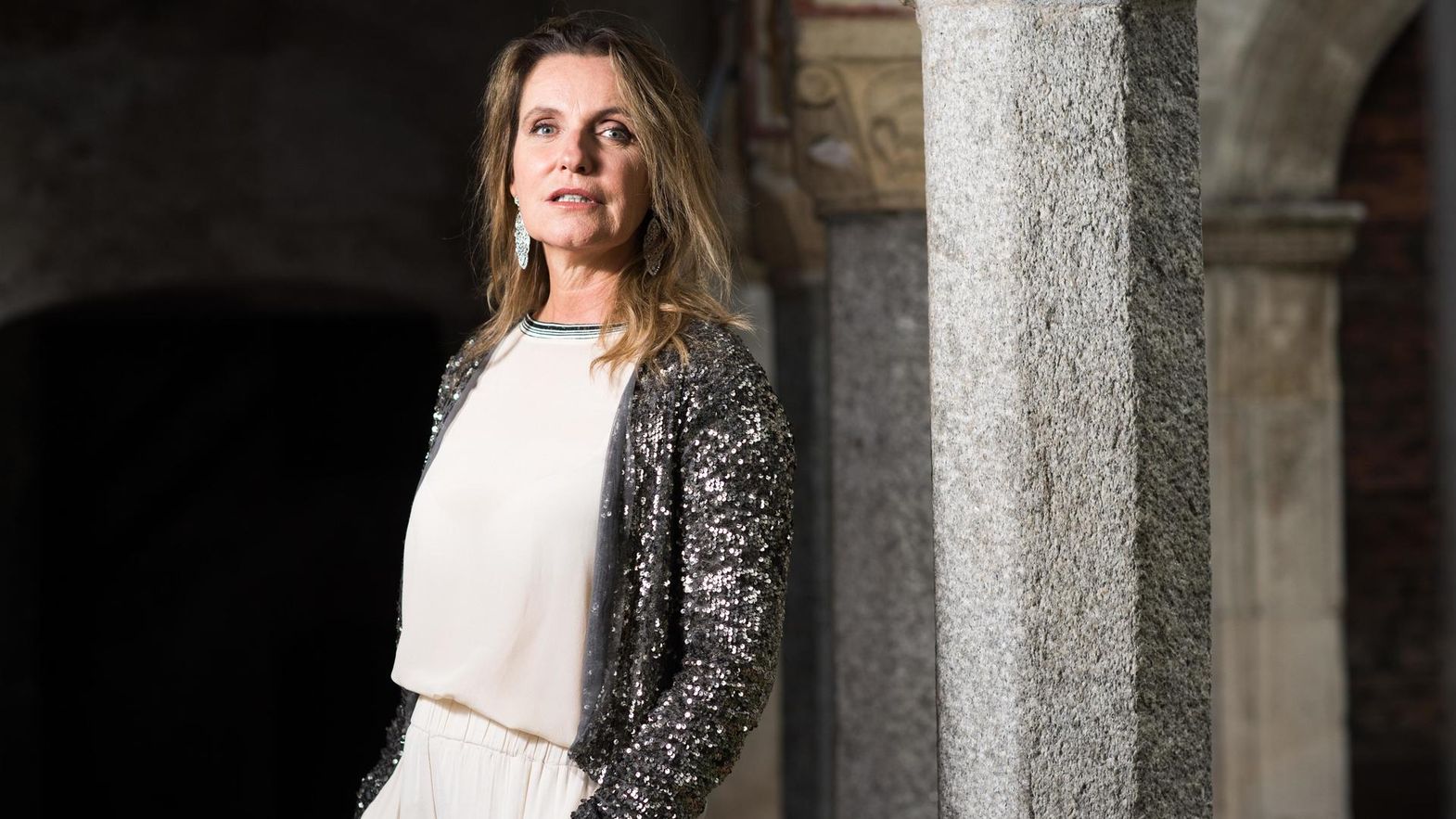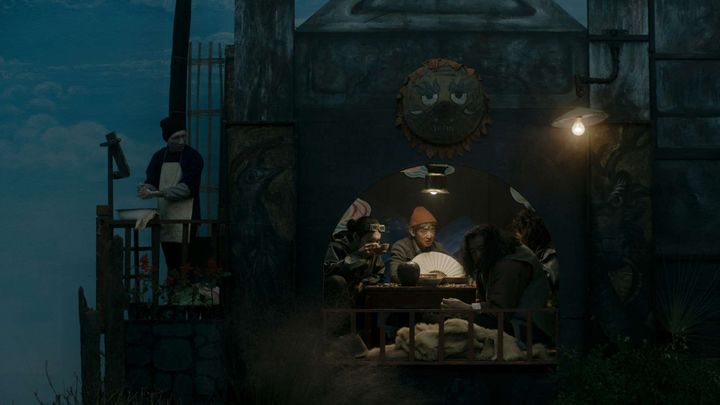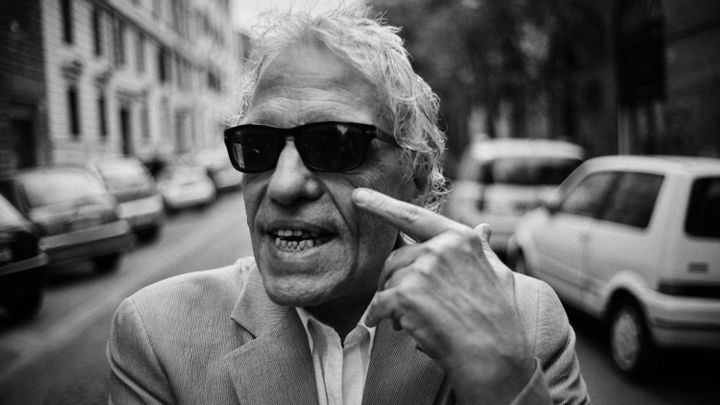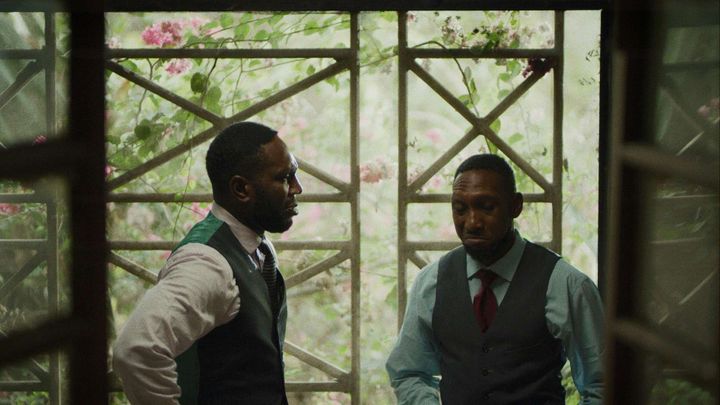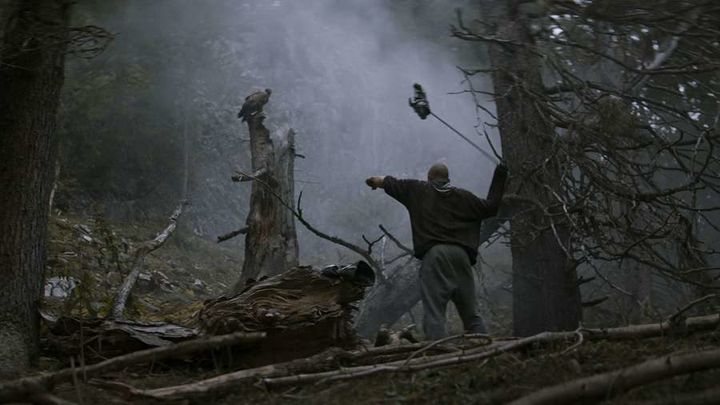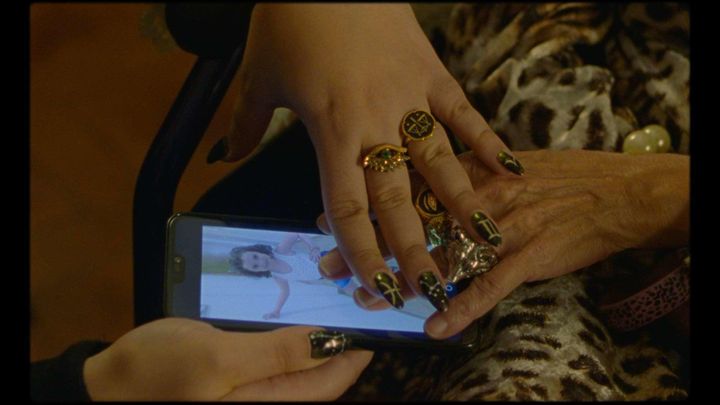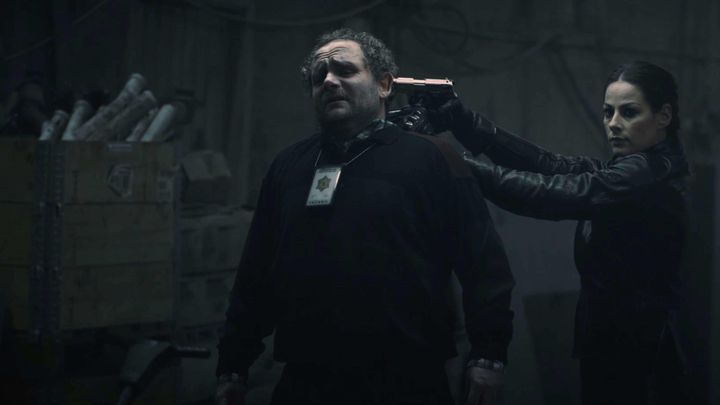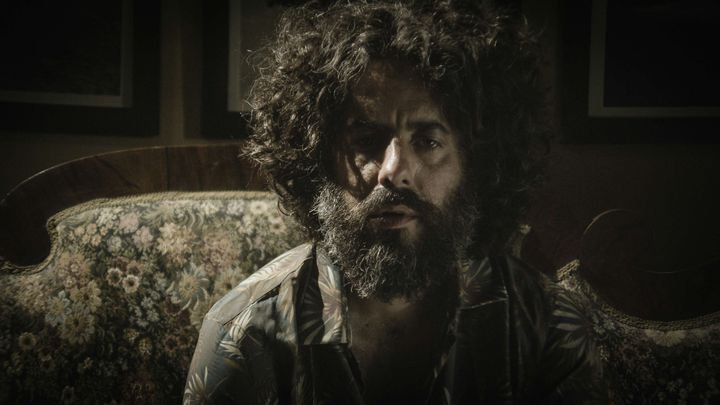Leonor Silveira, you are one of the most important faces of Portuguese auteur cinema. In addition to your very long collaboration with the master Manoel de Oliveira, you have also worked with Joao Botelho, Joaquim Pinto, and Vicente Jorge Silvia. How important has the Locarno Festival been for Portuguese auteur cinema?
The Locarno Film Festival has always had a strong relationship with Portuguese cinema, going all the way back to Paulo Rocha and Manoel. It’s always a compliment and an honor for us to be selected in Locarno, be it for the film side or for the industry side, with all its activities for young producers and directors.
The collaboration with De Oliveira has unfolded over a long series of films, starting with his debut in 1988 with Os Canibais. How did your collaboration with such a master change – if at all – over time?
He discovered me, I never went to an acting school, so I learned everything from him, and through the years, after some difficult movies, we became huge friends. An intense friendship. We understood each other just by looking at each other. I had this privilege in my life, it goes beyond all the wishes that a young girl could imagine.
How do you judge the panorama of contemporary auteur cinema? In your opinion, is there more or less creative freedom today than in the recent past?
I think creativity is always alive, there is the same creativity today as in the past. Of course, today it’s much easier to shoot technically, but human beings are the same, still have a voice and a message to give, and are as creative as the old masters. Creativity has always come from the soul.
You are a juror at this year's Locarno Film Festival. In your opinion, what are the criteria that a film should renounce if it wants to win an award?
The question is not fighting for the awards, the question is fighting for the life of the movies, for them to have un bon chemin, to be seen, sold, and understood.
You have always held important positions at ICAM, Instituto do Cinema e Audiovisual. How fundamental is the work of institutions of this type to make films more and more visible that would otherwise struggle to enter the distribution circuits?
Unfortunately, it is very difficult for independent cinema to enter the distribution circuits today. Venues for auteur cinema are becoming rarer and distribution increasingly difficult. The efforts, the initiatives of the cinema funded to support the distribution of independent cinema must go on.
Interview by Lorenzo Buccella
